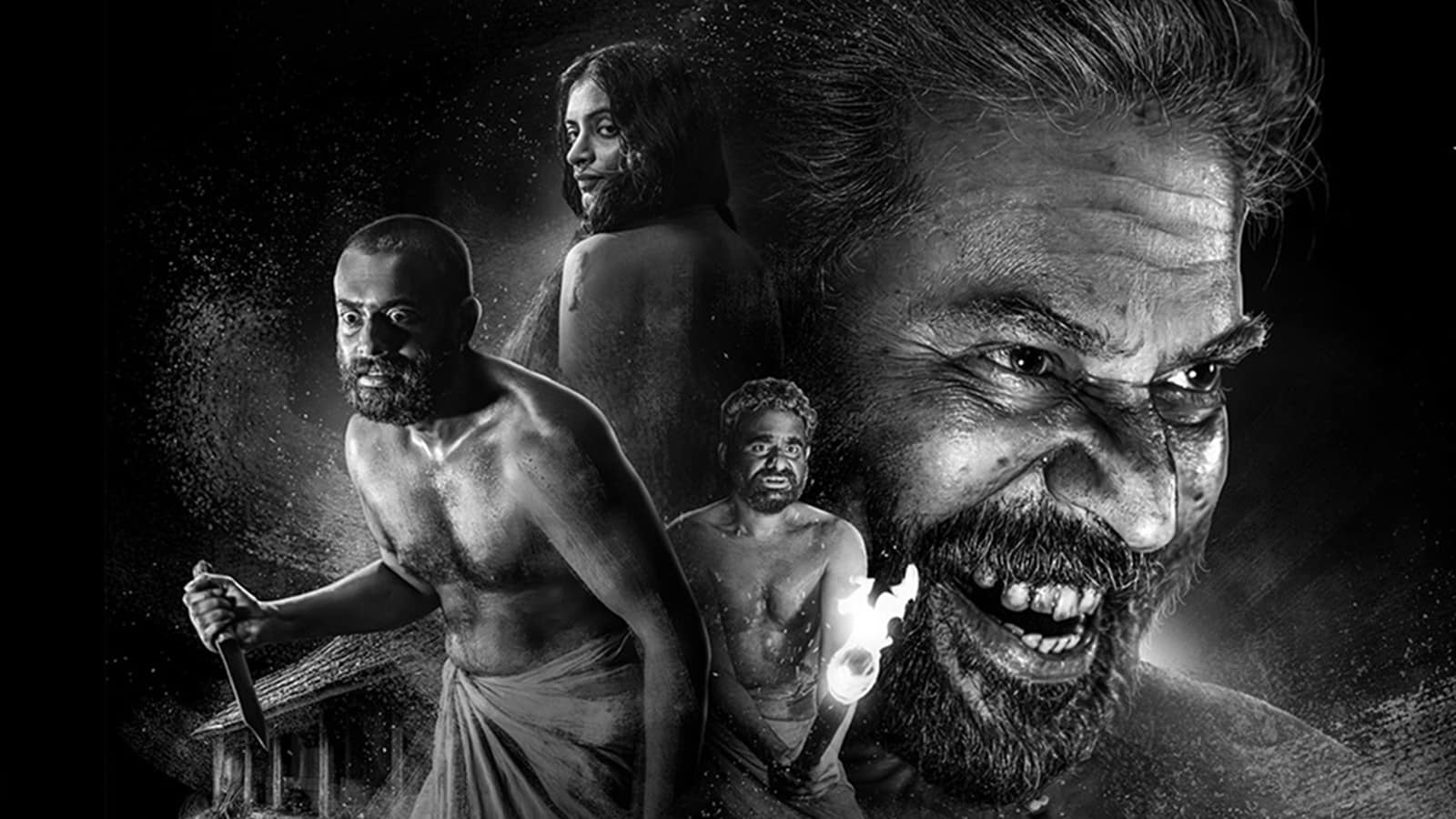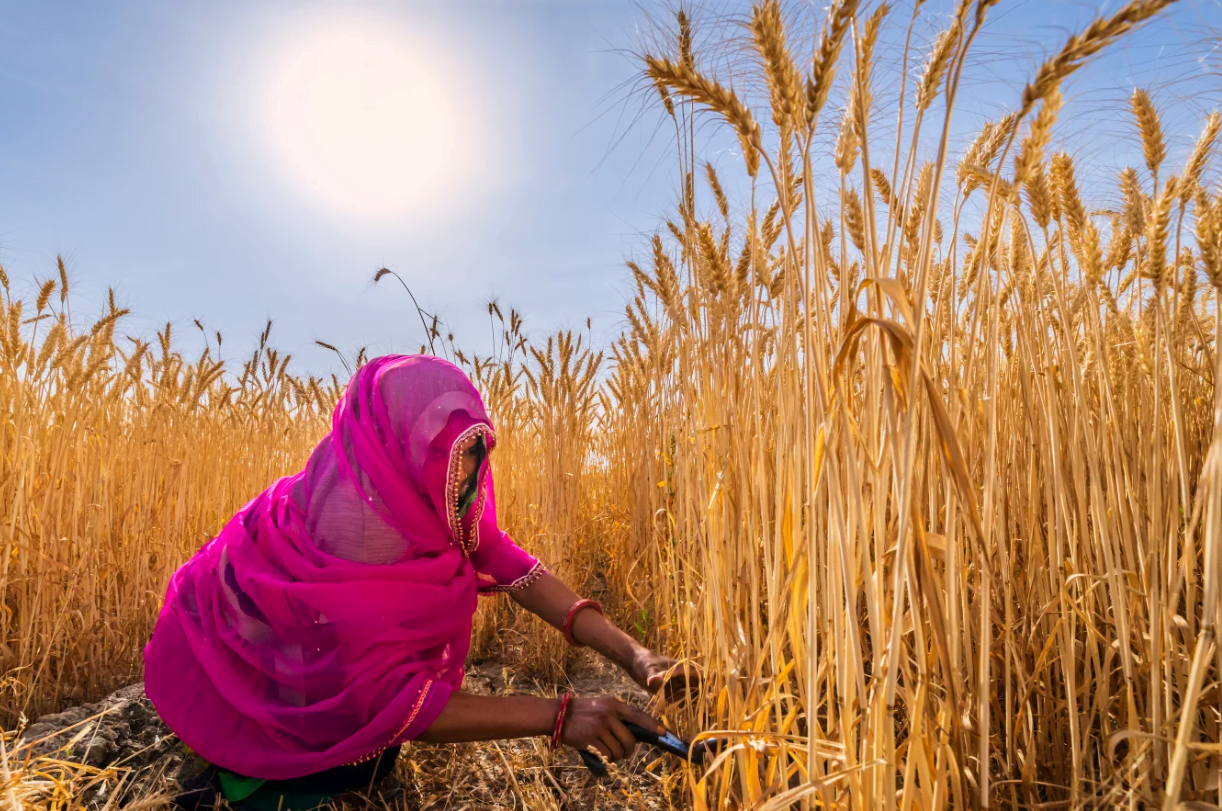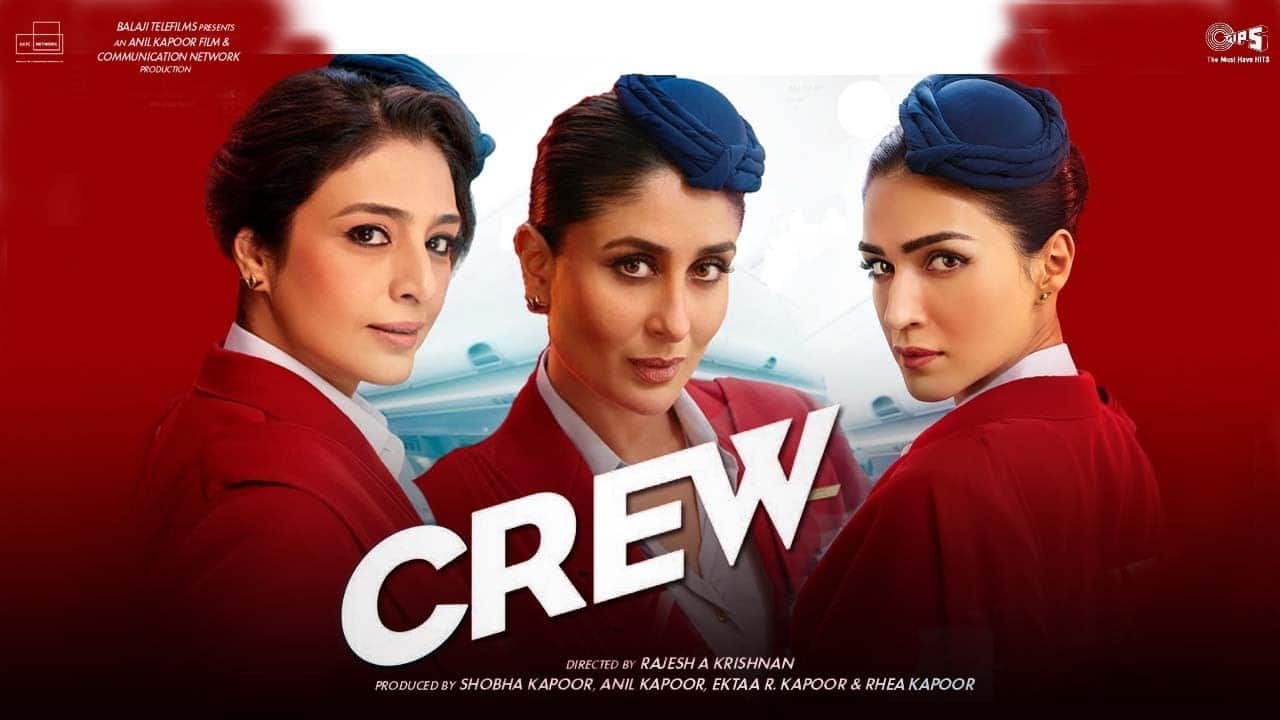From the stone-hearted Baldev from Dilwale Dulhania Le Jayenge to Amu’s father in Thappad, Mahavir Singh Phogat in Dangal and now Gunjan Saxena’s father in the film, Bollywood seems to be revisiting its representation of the father-daughter relationship from a feminist point of view. Bollywood now seems to have cracked that feminist fathers are an excellent representation to further the tried, tested and successful formula that is, women empowerment. However, several instances of this trope had been furthered on the backs of the mothers who seem to have continued to peddle patriarchal notions and values. Just so as to amplify the feminist fathers’ ideals, the trend seems to be to villainise the mothers. This dichotomy becomes evident onscreen in films likes Thappad, Gunjan Saxena, Dangal, and Bareilly ki Barfi. It goes without saying that films like Gunjan Saxena and Dangal are biopics inspired and/or representing real life events, the increased representation of the feminist fathers by Bollywood is still at play here.
Just so as to amplify the feminist fathers’ ideals, the trend seems to be to villainise the mothers. This dichotomy becomes evident onscreen in films likes Thappad, Gunjan Saxena, Dangal, and Bareilly ki Barfi. It goes without saying that films like Gunjan Saxena and Dangal are biopics inspired and/or representing real life events, the increased representation of the feminist fathers by Bollywood is still at play here.
This article attempts to question and highlight this dichotomy of the feminist fathers and conservative mothers that Bollywood seems to be cashing in beneath the claims of women empowerment.
Also read: Film Review Gunjan Saxena: The Kargil Girl – A Case For Feminism
As soon as Amrita (actor Tapsee Pannu) was slapped by her husband in Thappad, her mother-in-law and mother asked her to continue to cater to the guests to avoid publicising the issue in front of others in the party. Her mother, played convincingly as ever by Ratna Pathak Shah, is later shown explaining to Amu that this is quite common a sight in Indian marriages. Her husband is further seen justifying his action that no Indian woman leaves her home just because of a slap. And last but not the least, the domestic help at their home strengthens her belief that be it any social class – domestic violence is acceptable. Three dominant characters in this movie: Amu’s lawyer, the domestic help, the mother-in-law, and the protagonist’s mother seem to normalise the act of domestic violence.
Meanwhile Amu’s feminist father is shown exhibiting steadfast conviction in his daughter’s decision to separate while rendering complete emotional support to her. While this is a whiff of fresh air and a welcome portrayal of a father who is not shaming his daughter to return to her husband, the characterisation is no doubt strengthened by the comparatively weakened will of Amu’s mother to support her daughter. When looked at from a feminist lens, this raises the question: Why do we need to show women pulling other women down to assert on the feminist ideals of the man in the family? Will showing the mother and the father equivocally supporting Amu’s decision represent the father as any less of a feminist?
Also read: Women and ‘Neo-Bollywoodism’: The Problem With Male Complacency
Gunjan Saxena (played by actor Jahnvi Kapoor) is shown as someone passionate about becoming a pilot and whose ambitions are nurtured by the support of her father. Her supportive and feminist father in the movie (played with so much warmth and conviction by actor Pankaj Tripathi) at one point, clearly states how women themselves cage their beliefs, acts, and freedom. Her mother, meanwhile is shown inclining towards getting her married than supporting her career.
In Dangal, it was again the father (actor Aamir Khan) who fought to train and ensure his daughters become professional wrestlers. We also see a glimpse of the feminist father’s juxtaposition against a rigid mother in Bareilly ki Barfi. The trope is also repeated in the series Four More Shots Please! where Siddhi Patel (Maanvi Gagroo) has a supportive father as opposed to a mother who shames her choices.

No, really, we aren’t being a killjoy here: We are loving the supportive, feminist fathers and how! Our point of contention is how to underline the same, Bollywood continues to show the other parent, mostly the mother, as radically opposite and therefore, conservative.
No, really, we aren’t being a killjoy here: We are loving the supportive, feminist fathers and how! Our point of contention is how to underline the same, Bollywood continues to show the other parent, mostly the mother, as radically opposite and therefore, conservative.
Also read: Film Review: Thappad Is Not Just About A Slap, But About Its Male Entitlement
So the question really is: Is Bollywood really progressing albeit with a skewered representation of feminist mothers or is it a reflection of what we have and what is missing – actual wholesome feminist parents?
Sanjoni Sethi is a mental health scholar. She completed her Master’s Programme in Clinical Psychology (M.Sc Clinical Psychology) from Christ College, Bengaluru & Bachelors in Psychology Hons from Delhi University. Currently, she is an M.Phil scholar studying Clinical Psychology. She has worked with underprivileged children on topics of emotions and societal influence, and with elderly population on depression. She is the recipient of IJRULA award winner as the Best Revolutionist 2018 for her paper “Societal Influence on Emotional Competence”. She is also a certified First-Aid Trainer from “East West Rescue Organization”. She has been solely managing the city branch of an NGO and has been involved with various NGO’s for over 7 years. Sanjoni writes a mental health blog known as ‘TheMadnessforReal’ . She can be found on Facebook, Twitter, Instagram and Linkedin.





I largely agree with what you’ve written, just saying – wrt “Will showing the mother and the father equivocally supporting Amu’s decision represent the father as any less of a feminist?”- any story becomes interesting because of conflict, so it’s more about storytelling rather than feminism. Of course, conflict can be shown in many other ways, but that’s one way of showing a story.
Secondly, rehearing Four More Shots Please, in the second season Siddhi connects with her mother who understands why she did what she did and supports her, while her father stops talking to her – that conflict is a significant part of her storyline. So for this story, I don’t think your critique is valid. The rest of it is a solid argument though, thanks!
From my personal experience, my father was more progressive and ‘feminist’ compared to my mother who prefers to play to societal norms. When I walked out of marriage, most women relatives advised me to keep society happy rather than put my happiness first. Perhaps, the movie writers too drew on their own personal equations or those seen around them. It’s unfair to fault them. Patriarchy is also perpetuated by women – especially of the older generations or those coming from more conservative backgrounds.
I guess this analysis is a bit pretentious..in films u have cited as reference, i don’t remember mothers being portrayed in negative light..there were many nuances in portrayal of Ratna Pathak’s role in Thappad..at one point of time, she mentions how she had to give up on her life goals to continue her family life..Amu’s father was shown as someone who loves her daughter but is passively patriarchal in his actions..Similarly, in second season of Four More Shots Plz, when Siddhi Patel was going through crisis of her life,her affectionate father gave up on her but her mother became her pillar of support..these portrayals of mothers show them more worried for their daughters because of their own traumatic life experiences as women..these portrayals also reflect the undue advantage men of house have in taking radical decisions for their children..
I totally agree with you.
You need to see more movies. I agree in an opinion piece you cherry pick examples that support your narrative but then there are many other movies where mothers are portrayed as feminists and fathers as regressive. Hopefully, a deeper analysis of a larger sample of movies will give a different outcome.
As far as true life stories are concerned, I dont think a film maker has much freedom there if the integrity of the story is to be preserved. However there is a little room to show progressive women when it comes to hypothetical stories like say ‘Queen’ for instance….remember the grand-mother??? Also when I see Thappad I dont just see Amu’s mother as someone who is entirely patriarchal or her father as entirely feminist. The mother is suitably anguised at the party after the incident and also confronts her father for not encouraging her singing and the father admits to not having paid attention……these characters are real…….with their own faults like we all are. I bet the author will not like a movie with a perfectly fearless feminist characters. They dont appear real. These characters are according to me a myth. They dont actually exist. If we look courageously we will find patriarchy lurking it’s head out of us also. Just because we call it out in others that doesnt make us patriarchyless……Yes Indian cinema has progressed and that too BIG time…..we need to adjust our lens and clean the layer of criticism on it view it in its entirety not its bits…..